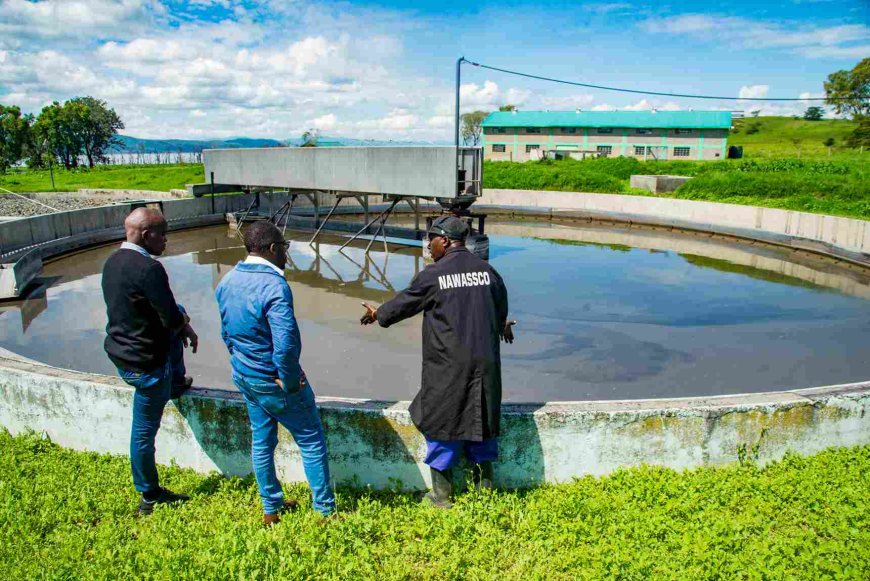Why This 20-Year-Old Nairobi NGO Is Rethinking Everything About Urban Water Systems
The newly rebranded WSUP (formerly Water & Sanitation for the Urban Poor) isn’t just changing its name—it’s changing the game.

As it marks two decades of driving change in underserved cities, Water and Sanitation for Urban Populations (WSUP) is stepping into a new era with the launch of an ambitious 2025–2030 Strategic Plan.
The strategy aims to help African and Asian cities build urban water and sanitation systems that are not just functional, but future-proof, resilient, inclusive, and ready for the escalating challenges of climate change and rapid urbanisation.
The newly rebranded WSUP (formerly Water & Sanitation for the Urban Poor) isn’t just changing its name—it’s changing the game.
“Cities are ground zero for the climate crisis, and low-income communities are getting hit first and worst,” said Ed Mitchell, WSUP CEO. “This strategy isn’t just about putting in pipes—it’s about making sure services work for the people who need them most, in the places where the risks are highest.”
Why It Matters
Climate change, urban sprawl, and shrinking development budgets are creating a perfect storm. The result? Millions of urban residents are still living without clean water or safe sanitation, especially in informal settlements and flood-prone slums.

Nakuru Treatment plant with briquette production. /PHOTO
WSUP’s five-year plan addresses that head-on with a system-wide approach, focused on long-term resilience rather than short-term fixes.
Key Pillars of the Plan
-
Roll Out Regulation in Africa (RORA): Empowering regulators in 8 countries to enforce pro-poor policies that improve WASH service delivery in low-income areas.
-
Shared Sanitation for Child Health: Scaling high-quality shared toilets backed by research from Mozambique linking improved sanitation to better child health outcomes.
-
Climate-Resilient WASH Services: Proving how urban WASH can both adapt to and mitigate climate impacts—through smarter infrastructure, water-saving tech, and methane reduction.
“We’ve seen too many well-meaning projects fall apart after a few years because they ignore the bigger picture,” Mitchell added. “Real impact means building the systems—people, policies, and infrastructure—that keep services going.”
A Fresh Identity
Alongside the strategic reboot, WSUP is retiring its old name and embracing its full evolution as the leading urban WASH systems change organisation. The new name—Water and Sanitation for Urban Populations—reflects its widened scope and growing influence across entire cities.
The vision? A world where every urban resident, especially those in slums and informal settlements, has access to affordable, safe water and sanitation services that last.

 FaithAnne Mwaura
FaithAnne Mwaura 




